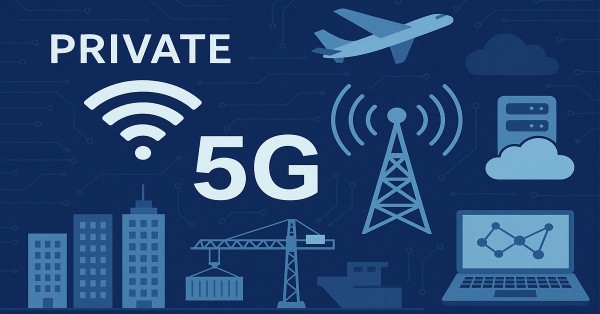Project Stardust: Revolutionizing IoT and D2D Communication
Iridium Communications Inc., a pioneer in global satellite voice and data communication, has recently unveiled its ambitious Project Stardust. This innovative venture aims to integrate 3GPP 5G standards-based Narrowband-Internet of Things (NB-IoT) into its Non-Terrestrial Network (NB-NTN) service. This integration will utilize Iridium’s current satellite infrastructure, marking a significant step in the evolution of Direct-to-Device (D2D) strategy and IoT services.
Strategic Collaboration and Industry Impact
Iridium’s initiative opens a unique window for collaboration with smartphone manufacturers, Original Equipment Manufacturers (OEMs), chipmakers, mobile network operators (MNOs), and IoT developers. These partnerships aim to integrate industry requirements directly into the Iridium network, enhancing the satellite constellation’s flexibility and capability. Matt Desch, Iridium’s CEO, highlights this development as a testament to Iridium’s network versatility and its leading position in adopting a standards-based approach for global coverage.
Advanced Capabilities of NB-IoT Offering
The company is tailoring its initial NB-IoT offerings to support 5G NTN messaging and SOS capabilities for a variety of devices, including smartphones, tablets, and cars. This advancement will allow manufacturers to integrate satellite connectivity into standard devices, leveraging Iridium’s globally allocated spectrum. The low-latency user experience provided by Iridium’s LEO satellites will significantly enhance connectivity solutions.
Supporting Global Emergencies and IoT Ecosystem
Iridium’s network, supporting around 1,300 SOS and emergency incidents globally each year, demonstrates its readiness to expand this capacity to new devices. The company emphasizes its commitment to facilitating rapid product development and certification for chipmakers and IoT developers. With a network of approximately 500 partners, Iridium offers a flexible integration approach, catering to proprietary, standards-based, or dual-solution needs.
Competitive Advantages of Iridium’s Satellite Constellation
The company’s fully crosslinked LEO architecture and global L-band spectrum stand out against other LEO and geostationary satellite networks. Accredited for safety of life services, Iridium prides itself on reliability, unaffected by the limitations and challenges faced by geostationary systems.
Two Decades of Leadership in Satellite IoT
Iridium, with over two decades of experience, has built an unrivaled partner ecosystem, serving more than 2.2 million users worldwide. The company’s consistent subscriber growth and a substantial IoT customer base underscore its role as a trusted provider in satellite IoT and personal communications. The low power requirements and comprehensive coverage of the Iridium network make it an ideal choice for the upcoming NB-IoT NTN service.
Fostering Future Developments and Partnerships
Iridium is actively engaging with companies specializing in D2D and IoT to integrate their use cases and needs into the upcoming service. With testing anticipated to start in 2025 and service launch expected in 2026, Iridium is at the forefront of shaping the future of global IoT and D2D connectivity. For more information or to participate in the development process, interested parties are encouraged to visit Iridium’s Project Stardust page.































